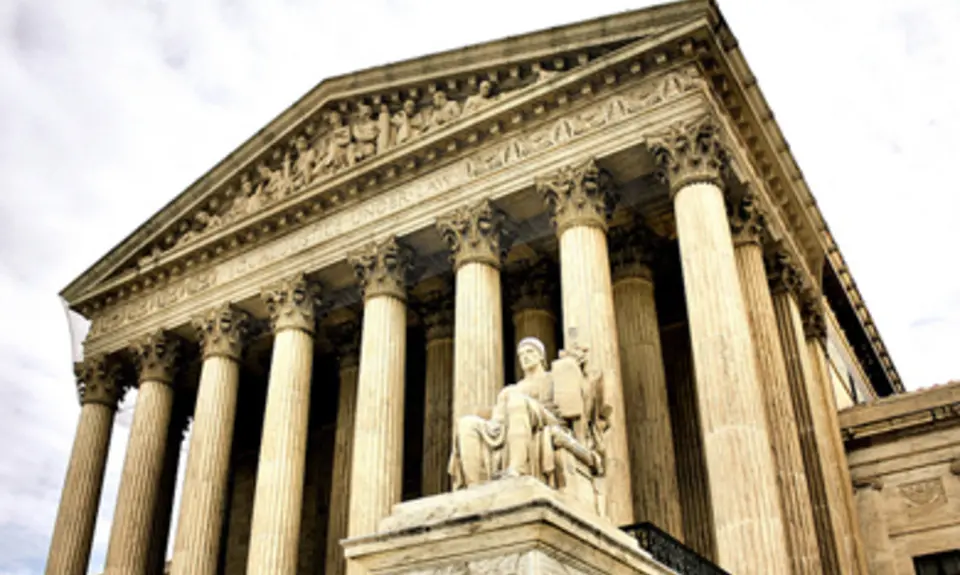When Donald Trump nominates a jurist to sit on the Supreme Court, it won’t be business as usual. When President Obama chose a nominee to fill the Supreme Court vacancy, he went out of his way to select a moderate candidate widely respected in both parties. Now that Donald Trump will be filling the vacancy, which remains open after nearly a year due to Republicans’ campaign of unprecedented, unconstitutional obstruction, he should be held to the same standard as President Obama. Instead, he’s outsourced his decision to groups on the far right that don’t represent the interests of all Americans; the 21 individuals hand-picked by the Federalist Society and the Heritage Foundation are not acceptable. Democrats should block any nominee who demonstrates that they’ll use the Supreme Court to protect the privileges of the powerful instead of the rights and freedoms of ordinary people.
Donald Trump promised that the judges on his list would be “in the mold” of the late Antonin Scalia, a far-right justice who helped make the Roberts Court the most pro-corporate court in modern times. Scalia resisted legal equality for LGBTQ people and strongly advocated for overturning Roe v. Wade.
The Stakes:
- Another right-wing justice on the Court is almost certain to vote to uphold President Trump’s radical immigration policies, particularly if supported by a Republican Congress.
- The current Supreme Court split 4-4 in a case where anti-labor advocates were pushing the Court to overrule a critical precedent and eliminate the ability to collect “fair share” fees from non-union members that are crucial for unions to operate. Trump’s nominee is likely to side with the court’s extreme anti-worker wing and cripple public sector workers’ ability to organize.
- Even if Roe v. Wade is not overruled, it is extremely likely that a Trump nominee would join with Alito, Thomas, and Roberts to approve severe restrictions on women’s access to abortion like those in Texas that were narrowly stuck down by the votes of five justices this year.
- A nominee supported by the far-right would likely join with efforts to strike down not just federal money in politics reforms, but also state efforts to set reasonable limits on campaign spending in elections for state judges.
- A justice in the mold of Scalia and Thomas would almost certainly approve restrictive state voter ID and other voting laws that lower courts have found to improperly limit minority voting rights in North Carolina and elsewhere.
- With another far right justice, the Court would likely uphold restrictive state laws in Mississippi and elsewhere that undermine marriage equality and harm LGBTQ individuals.
To download a PDF version of this document, click here.
